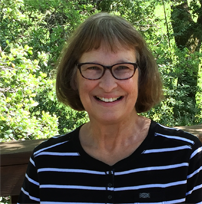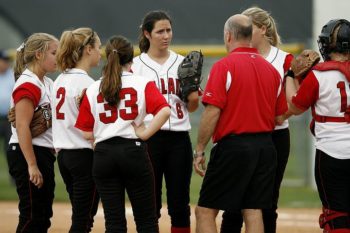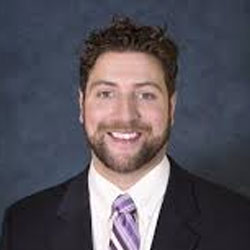 Summer Play Options for Kids
Summer Play Options for Kids
It’s summertime and our children are excited about laying around and relaxing for endless days. They may run outside and ride their bikes, garden, or explore creeks and nature. Or they may glue themselves to television reruns and computer screens. Each summer, parents struggle with ensuring that their children have sufficient stimulation without getting lost watching television shows or playing computer games. Other parents struggle with overscheduling their children to participate in various camps. This ensures that children have proper supervision while parents are gone from home with jobs and family obligations. [Read more…]

Mary Ann Burke, Ed.D., Digital Education Expert, is a substitute distance learning teacher for Oak Grove School District in San Jose, California and the author of STUDENT-ENGAGED ASSESSMENT: Strategies to Empower All Learners (Rowman & Littlefield: 2020). Dr. Burke creates digital language arts and substitute teaching K – 12 activities for teachers and parents. She is the Cofounder of the Genparenting.com blog. Burke is the former Director II of Categorical & Special Projects for the Santa Clara County Office of Education that supports 31 school districts serving 272,321 students in Santa Clara County. She is also a previous Director – State & Federal Compliance for Oakland Unified School District, the former Director – Grantwriter for the Compton Unified School District, and was the initial VISTA Director for the Community Partnership Coalition in southern California. Much of her work focuses on creating innovative digital trainings and partnership programs for teachers and families to support students’ learning. These programs were featured as a best practice at a National Title I Conference, California’s Title I Conferences, AERA Conferences, an ASCD Conference, the NASSP Conference, and statewide educator conferences.
 10 Strategies to Get Your Child Excited About Learning
10 Strategies to Get Your Child Excited About Learning Why Do We Lose Our Minds?
Why Do We Lose Our Minds?
 Parent’s Guide to School Communication from an Educator
Parent’s Guide to School Communication from an Educator Teaching Engaged Students
Teaching Engaged Students